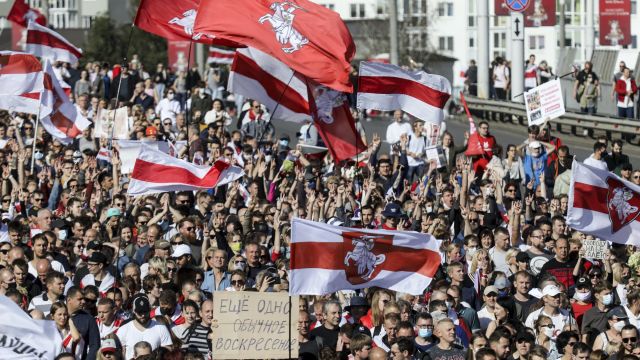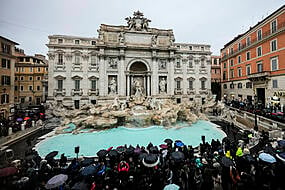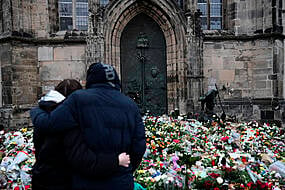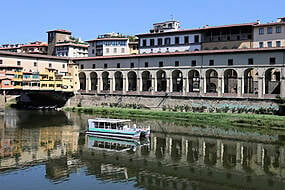Many in the crowd, which the human rights group Viasna estimated as numbering more than 150,000, carried placards critical of Russia, reflecting concerns about President Alexander Lukashenko’s planned meeting on Monday with Russian counterpart Vladimir Putin.
It would be their first face-to-face contact since the unrest broke out in Belarus after the August 9 presidential election that gave Mr Lukashenko a sixth term with 80% support.
Protesters and some poll workers say the results were rigged.
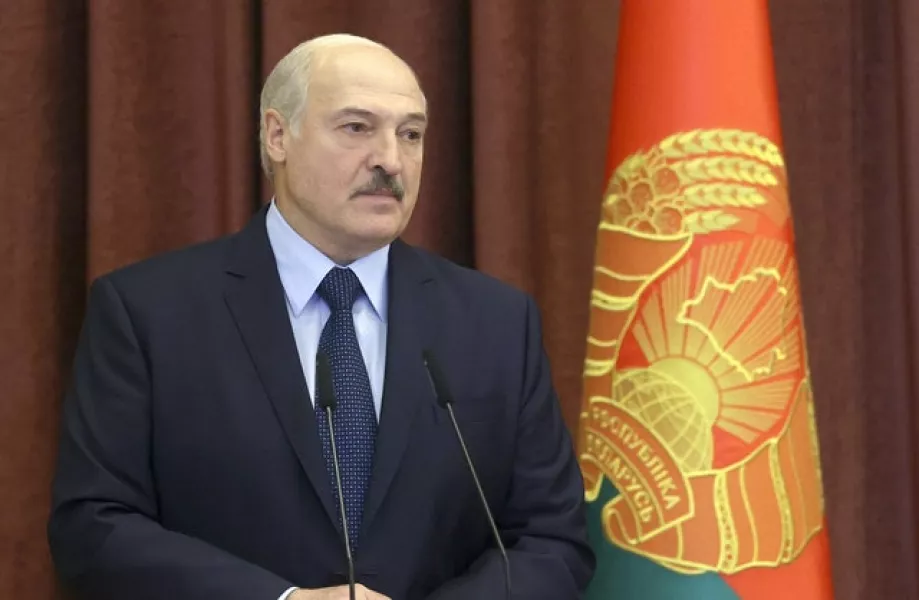
Mr Putin has said he stands ready to send Russian police into Belarus if the protests turn violent, stoking fears Moscow could use the political dissent as an excuse to annex its neighbour like it did in Crimea in 2014.
The countries have a union agreement envisaging close political, economic and military ties, although Mr Lukashenko has repeatedly expressed concerns that Mr Putin wants Russia to absorb Belarus entirely.
Some observers believe Mr Lukashenko is going into the meeting in a weak position and Mr Putin may capitalise on this to try to ease him out of power.
“Lukashenko has not been able to show Putin that he is in control of the situation and has put out the flame of protest, and this may push the Kremlin to seek an alternative scenario and candidate,” independent political analyst Valery Karbalevich said.
Mr Lukashenko has ruled the nation of 9.5 million people with an iron fist since 1994, harshly repressing the opposition and the media.
But the protesters’ determination appears strong this time, despite daily detentions and reports of police beatings and abuse.

Interior Ministry spokeswoman Olga Chemodanova said about 250 people were detained on Sunday in Minsk.
She also said demonstrations took place in 16 other cities.
“The source of power in Belarus is the people, not Lukashenko and the Kremlin,” read placards carried by some marchers in Minsk.
“Tell me who your friends are and I will say who you are,” read another that bore photos of Mr Lukashenko and Mr Putin.
Police set up rows of barbed wire and prisoner transport vehicles, and deployed thousands of servicemen to block off the city centre from demonstrators on Sunday.
But protesters came together outside the centre and marched towards the presidential residence on the city’s outskirts.
Mr Lukashenko has rejected any concessions or mediation attempts and has repeatedly accused Belarus’ western neighbuors of working to overthrow his government.
In one show of aggressive defiance, he was seen striding with an automatic rifle across the grounds of his presidential residence.
